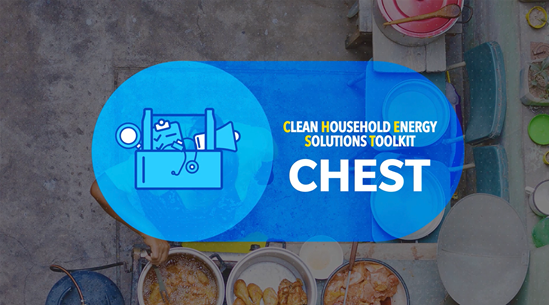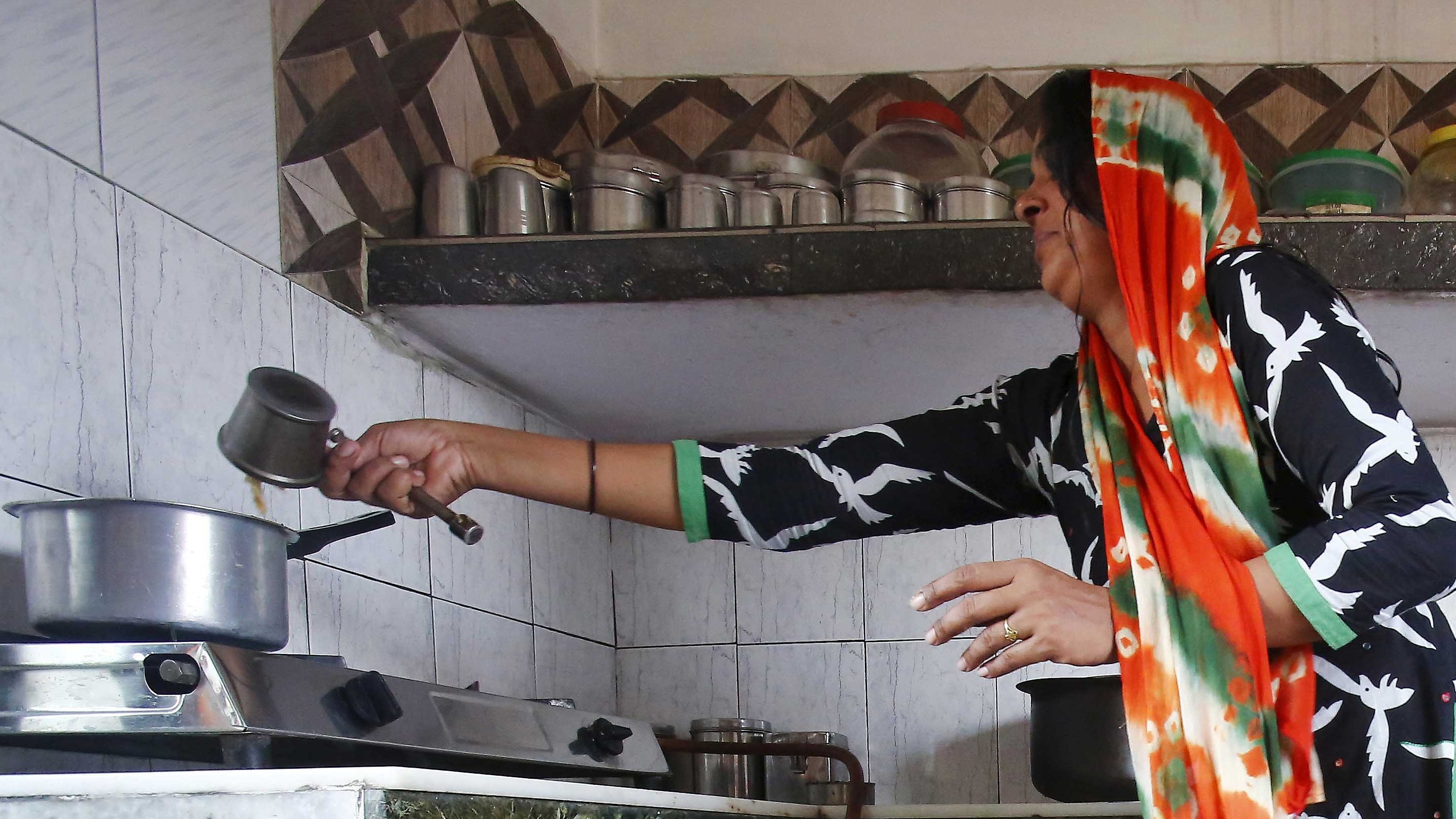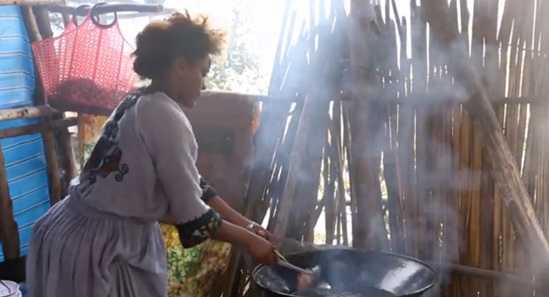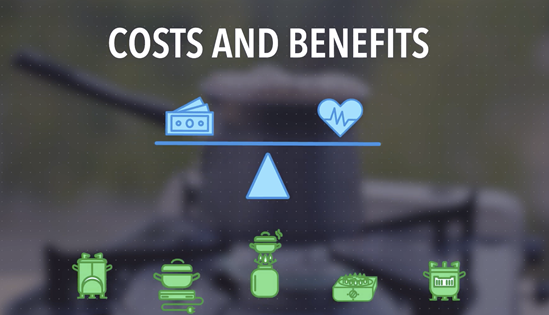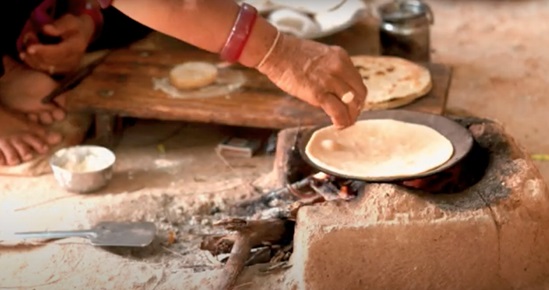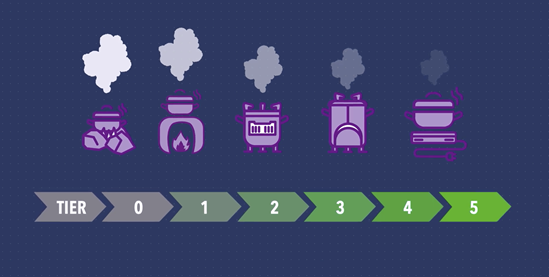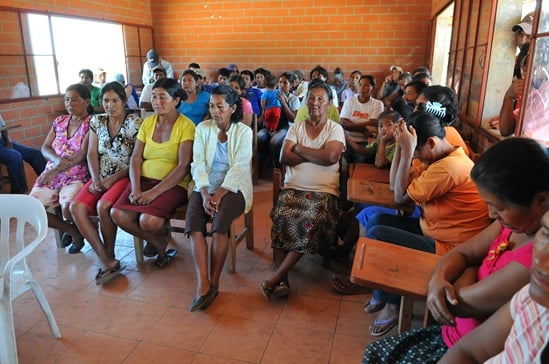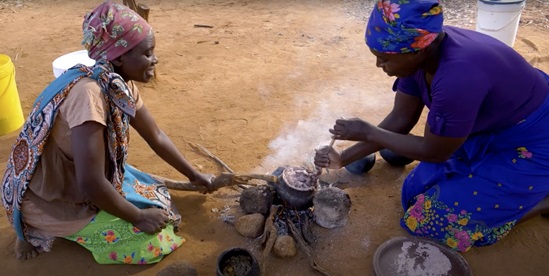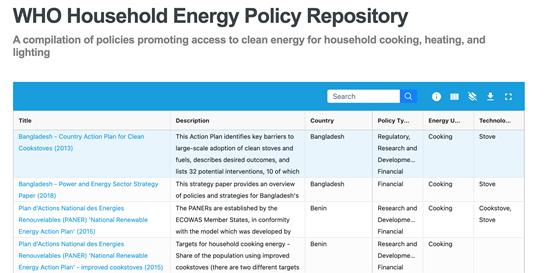Clean Household Energy Solutions Toolkit (CHEST)
The WHO Clean Household Energy Solutions Toolkit (CHEST) provides tools that countries and programmes can use to develop policy action plans for expanding clean household energy access and use. Created based on expert input, CHEST is intended to help professionals and policy-makers in the health and other sectors implement the recommendations found in the WHO Guidelines on indoor air quality: household fuel combustion. By providing resources to guide the energy planning process, CHEST enables policy-makers to design programmes that will increase access to clean and safe household energy, ensuring that these deliver genuine and substantial health gains. CHEST facilitates the design of policies that promote the adoption of clean household energy at local, programmatic, or national levels.
CHEST includes six modules that provide resources for mapping key stakeholders; conducting a situational assessment; identifying technological and policy intervention options; setting standards; performing monitoring and evaluation; engaging the health community; and improving communications and raising awareness.
Some of the specific tools included in these modules are models for estimating emissions, health impacts and cost-effectiveness of household energy interventions; survey questions to track household energy use; databases with information on the fuels and technologies used in homes and their health impacts; training materials; and communication strategies.


Happy Woman cooking with gas
Overview video on the Clean Household Energy Solutions Toolkit
available in six different languages (Arabic, Chinese, English, French, Russian, Spanish).
Modules
Resources

Clean household energy policy and programme planning guide
Exposure to household air pollution (HAP) is one of the greatest environmental risks to human health worldwide. Policies to accelerate the adoption of...

The kit includes six modules with practical tools and resources to help countries implement the recommendations inthe WHO Guidelines for Indoor Air Quality...

The Benefits of Action to Reduce Household Air Pollution (BAR-HAP) tool can be used to compare the costs and benefits of different interventions to...

The WHO Household Energy Assessment Rapid Tool (HEART) helps policy makers and program implementers evaluate the household energy situation in their country...

Brief: Household energy policy repository
The World Health Organization (WHO)’s Household Energy Policy Repository is an online clearinghouse for policies, regulations and legislation affecting...

Brief: Core questions on household energy use
The Core Questions on Household Energy Use are a set of standard questions that can be integrated into national surveys or censuses to assess clean and...

Brief: Standards for cookstove performance
Standards are critical to ensure that cooking systems used in houses are safe, perform well and do not adversely impact health. When standards are applied...
Training Videos for the Clean Household Energy Solutions Toolkit
Recent Publications
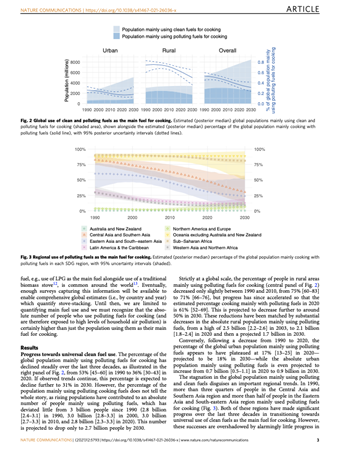
Household cooking fuel estimates at global and country level for 1990 to 2030
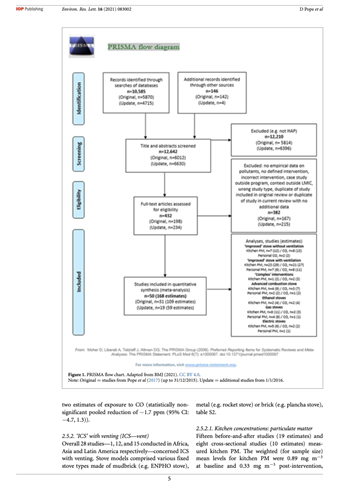
Are cleaner cooking solutions clean enough? A systematic review and meta-analysis of particulate and...
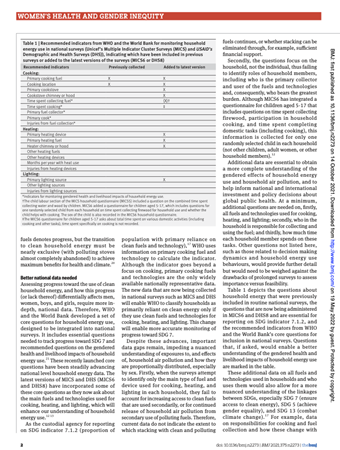
Expanding data is critical to assessing gendered impacts of household energy use
Related health topics

